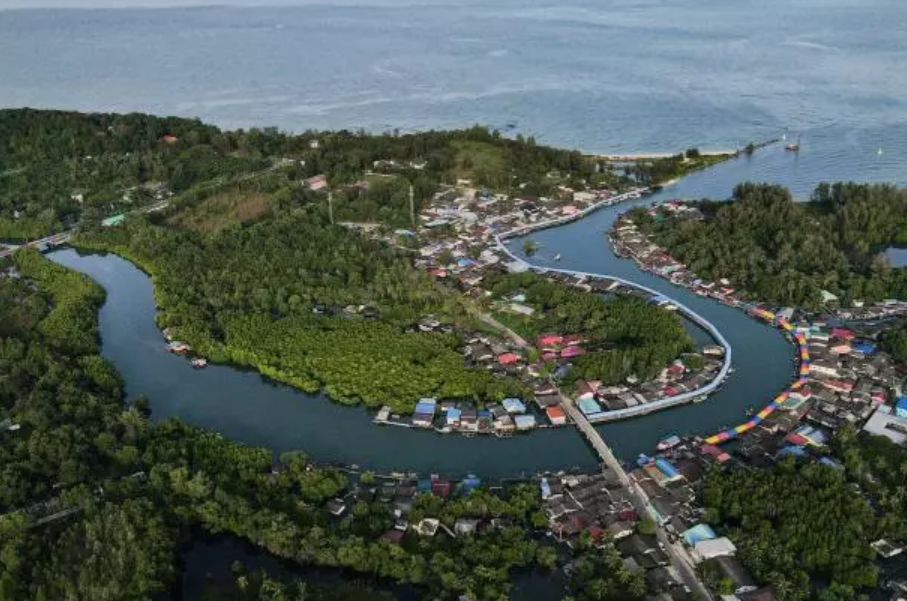In this Article
FAO, along with ADB, EBRD, CAF, and IOC/UNESCO is leading the Clean and Healthy Oceans Integrated Program, an initiative to reduce land-based pollution that affects coastal environments and large marine ecosystems.

Oxygen levels in the oceans have dropped by almost 2 percent since the 1950s, leading to dead zones or hypoxic areas, incapable of sustaining marine life. This alarming condition is driven by land-based pollution, including excessive fertilizer use, organic waste from livestock, and untreated municipal and industrial wastewater. These pollutants threaten marine biodiversity, ecosystem, coastal economies, and industries reliant on fisheries and ocean resources. Prolonged hypoxia can result in widespread coral reef mortality, force valuable coastal fish species to migrate to areas with higher oxygen concentrations, and severely impair the growth and reproductive rates of numerous marine species.
The Clean and Healthy Oceans Integrated Program (CHOIP), led by the Food and Agriculture Organization of the United Nations (FAO) in partnership with Asian Development Bank (ADB), European Bank for Reconstruction and Development (EBRD), and the Development Bank of Latin America (CAF), and Intergovernmental Oceanographic Commission of UNESCO (IOC/UNESCO), aims to address marine hypoxic zones by curbing coastal pollution from agriculture, industrial and municipal sources. The program will achieve this through policy and regulatory measures, infrastructure investments, and nature-based solutions. It specifically targets enhancing the sustainable practices across 200,000 hectares of landscapes and 14.3 million hectares of marine habitats. Additional objectives include reducing pollution and improving management in over three large marine ecosystems and mitigating 5.6 million metric tons of greenhouse gas emissions.
This source-to-sea initiative, which will allocate up to $115 million in grants, was endorsed during the 64th Council Meeting of the Global Environment Facility (GEF), a family of funds dedicated to addressing biodiversity loss, climate change, pollution, and strains on land and ocean health.
Reference: UNESCO (2024, July 3). FAO, IOC/UNESCO and partner agencies tasked with leading $115 million Clean and Healthy Oceans Program. Retrieved August 28, 2024 from https://www.unesco.org/en/articles/fao-ioc/unesco-and-partner-agencies-tasked-leading-115-million-clean-and-healthy-oceans-program




